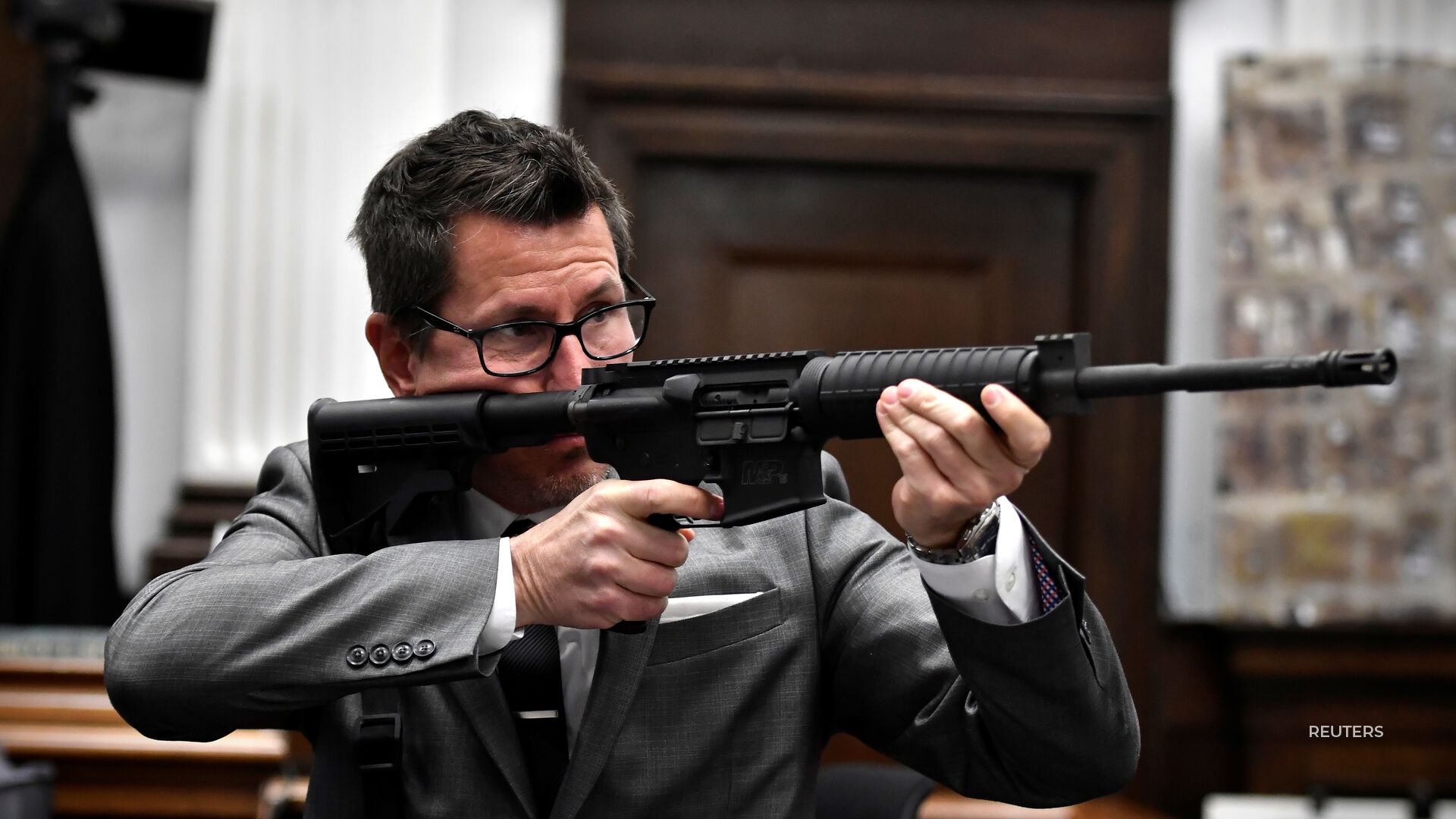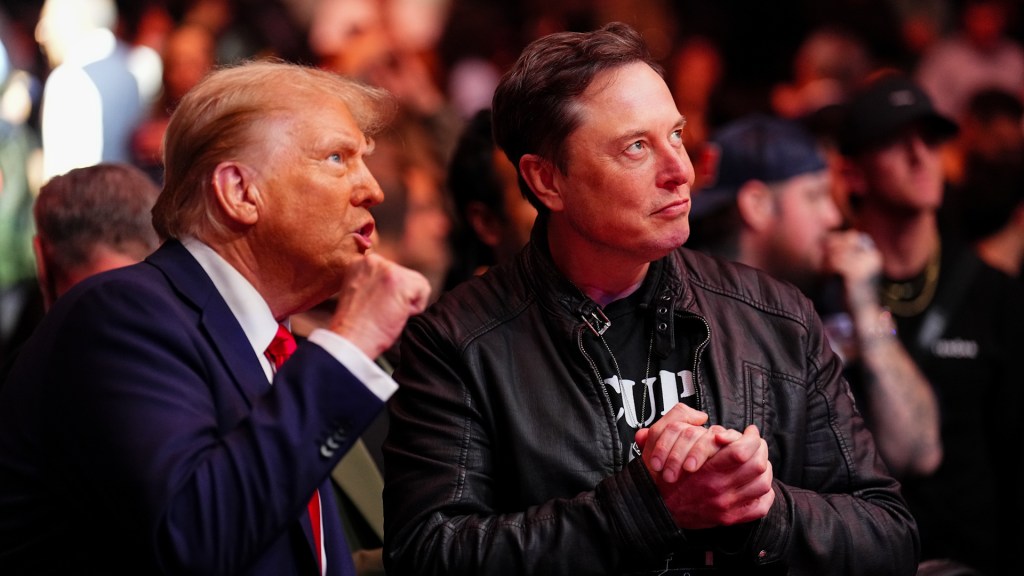
Thomas Binger, Assistant District Attorney: “And I got to stop here for a moment and highlight the hypocrisy of the defense. Because according to the defense, if someone has a gun, they’re a threat. If someone points a gun, they’re a threat. There’s only one exception to that. The defendant, by their logic, he gets to run around with a gun all night, but we’re not supposed to take him as a threat. He gets to point the gun at everyone. But oh, we’re not supposed to take him as a threat. No, it doesn’t work that way. The same set of rules apply to the defendant as everybody else.”
“So who’s there? These guys with the AR-15’s are just wannabe soldiers acting tough, trying to manufacture some personal connection to this event, furthering their own personal agenda. Just a small part of the deluge of chaos tourists we saw here in Kenosha trying to feed off of what we were going through.”
“I submit to you that at the time of those shootings, a reasonable person in the defendant’s shoes would have known that he had provoked Joseph Rosenbaum by pointing his gun at someone else, that the defendant had put someone else at risk of dying by doing that. The defendant should have known that the crowd was aware of the fact that he had just shot someone and that they felt their lives were in danger. That is reasonable.”
“You cannot hide behind self-defense if you provoked the incident. If you created the danger, you forfeit the right to self-defense by bringing that gun, aiming it at people, threatening people’s lives. The defendant provoked everything. And if he does that, he has to exhaust all reasonable means to avoid a confrontation. All reasonable means.”
“In just a few seconds, the defendant kills one person, attempts to kill two more and blows off Gaige Grosskreutz’s arm. It’s that fast. This is someone who has no remorse, no regard for life, only cares about himself.”
“So put yourself in the defendant’s position. Would you have done the same thing? Would a reasonable person have done the same thing? Would you have engaged in the reckless conduct that led to this course of events? Would you have gone out after curfew with an AR-15 looking for trouble? Would you have aimed at other people? Would you have tried to use the gun to protect an empty car lot? No reasonable person would have done these things.”
Mark Richards, defense attorney: “This case is not a game. It is my client’s life. We don’t play fast and loose with the facts pretending that Mr. Rosenbaum was a citizen A, number one guy. He was a bad man. He was there. He was causing trouble. He was a rioter. And my client had to deal with him that night alone.”
“Kyle shot Joseph Rosenbaum to stop a threat to his person, and I’m glad he shot him because if Joseph Rosenbaum had got that gun, I don’t for a minute believe he wouldn’t have used it against somebody else. He was irrational and crazy.”
“Ladies and gentlemen, other people in this community have shot somebody seven times and it’s been found to be OK. My client did it four times, in three quarters of a second to protect his life from Mr. Rosenbaum. I’m sorry, but that’s what happened.”
“They want it to be that Kyle was out there doing something improper. Kyle was a 17 year old kid out there trying to help this community. He was asked to provide help in protecting property at the Car Sources. It started, and he did it. He did provide aid and he was asking if anybody needed aid.”
“Ladies and gentlemen, Kyle was not an active shooter. That is a buzz word that the state wants to latch on to because it excuses the actions of that mob on the 25th of 2020.”
“Kyle Rittenhouse did not have to take the witness stand to tell his story. It was told through video. He wanted you as the jurors to hear his personal experience of the night of the 25th.”
“He was charged on the 27th. Still, they didn’t have the information, the autopsies final, anything like that. Ladies and gentlemen, this has been a rush to judgment.”
Kevin Gough, defense attorney: “Your honor, the case law out there in mob cases and other cases demonstrates all the ways that presence in a gallery can influence jurors in a case. And I certainly don’t mean to suggest that Al Sharpton or Jesse Jackson or any other pastor belong to a mob. But at the same time, we are talking about organized behavior by whoever outside the courthouse leading up to this case, where we have all these community leaders fearful that the city is going to burn down. This isn’t a mob case. If you testify against a gangster that might burn your house down, that might burn your business down. They’re not going to burn your whole city down. And that is the concern that I believe jurors have expressed during the voir dire process in that a county commissioner, a mayor, school board member, a bunch of pastors in this community, both black and white, have been talking about. So in that context, we believe the totality of the circumstances, which is what this court looks at under Shepherd v. Maxwell, under the totality of circumstances, this trial has been sufficiently affected, notwithstanding the best efforts of the court, to the point where Mr. Bryan’s ability to receive a fair trial has become an open question. We think that lines the crossed.”
Timothy Walmsley, Superior Court Judge: “You need to understand everybody that your words in this courtroom have an impact on a lot of what’s going on. And so my measured response at this point is to balance all of that out and try to move forward with the trial. I’m not granting a mistrial at this point based on these arguments that are being made because I think… I’m not granting mistrial at this point based on the arguments that have been made.”










